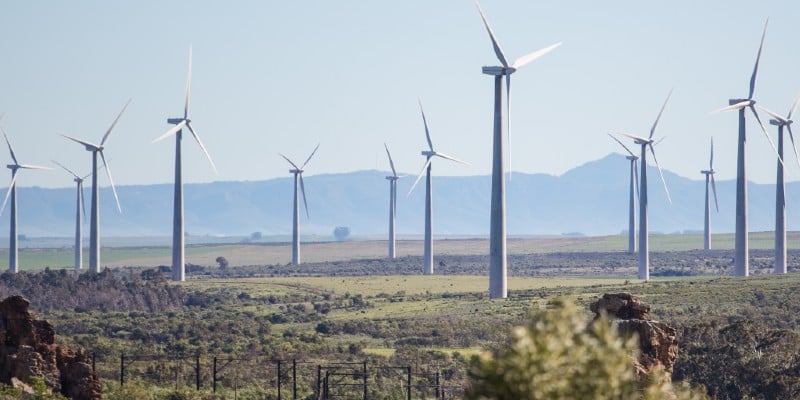
What makes a worthwhile carbon credit project—and why many fall short
Learn what defines high-quality carbon credits, why many projects fail, and how our Carbon Credit Portal identifies credible projects that deliver real climate impact.

Learn what defines high-quality carbon credits, why many projects fail, and how our Carbon Credit Portal identifies credible projects that deliver real climate impact.

Do the current unprecedented geopolitical, technological, and societal upheavals justify taking a step back from embedding sustainability into the corporate strategy?

EU nears final CSRD and CSDDD rules, simplifying sustainability reporting while updating ESRS, EUDR, and SFDR to reduce burdens and boost transparency.




Learn how smart building management reduces emissions, lowers energy costs, and drives commercial value in this final blog of our decarbonization series.

ERM’s COP30 wrap-up highlights how implementation, innovation, and inclusive climate action in Belém drove new momentum for business, finance, and AI in 2025.

COP30 updates: Key highlights and insights from the first week in Belém, Brazil.

ERM Partner Stephanie Gopaul shares insights into the challenges, opportunities, and local idiosyncrasies developers can expect in the exciting and fast-growing African market for renewable energy.

The Brazilian hosts are highlighting the importance of ‘Mutirão’ – a collaborative approach to tackling challenges in a complex, uncertain world – to advance this multifaceted agenda.



Speakers:

Amid ongoing disruption and uncertainty, decarbonization remains essential for climate mitigation and long-term business resilience.

Speakers:

As corporate exposure to climate change grows, regulators worldwide are expanding disclosure requirements to improve transparency.

The ERM Sustainability Institute generates actionable insight that helps companies understand and navigate the risks and opportunities created by the sustainability transformation.
